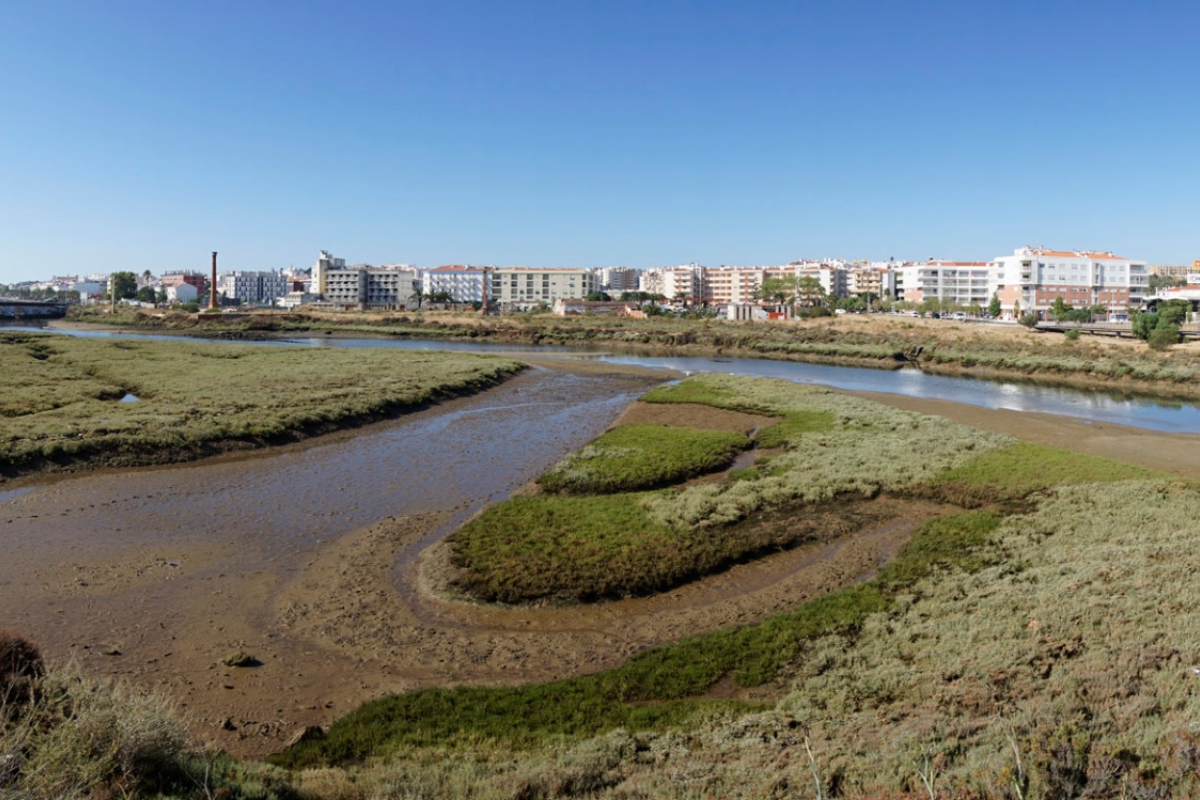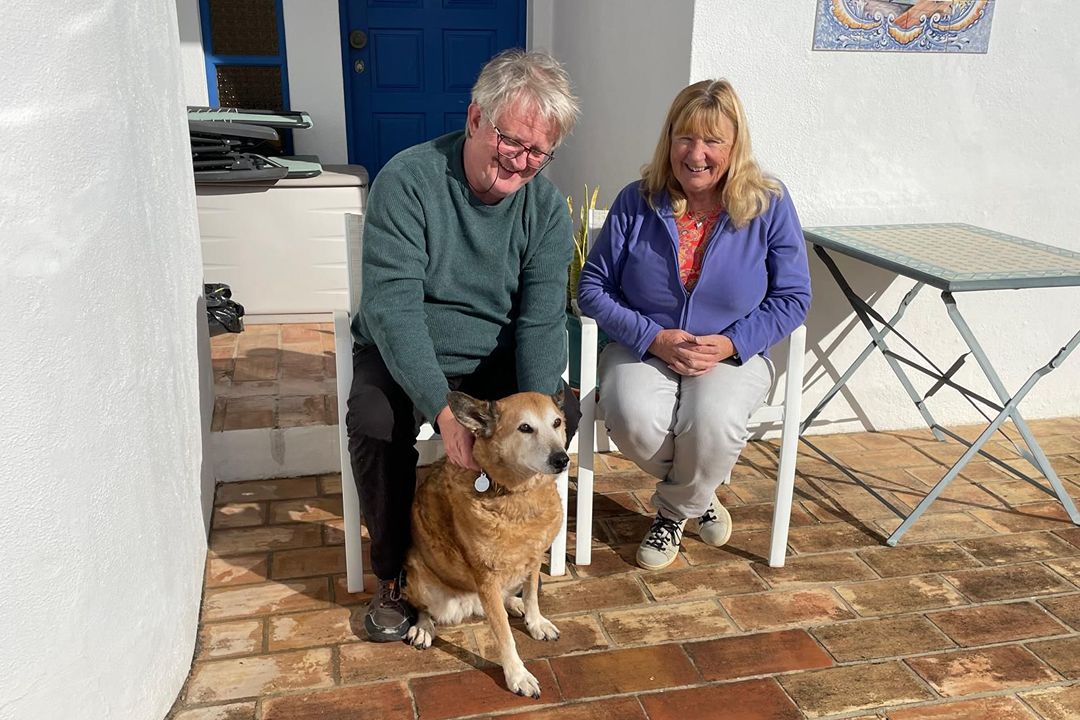Lagos Introduces New Strategic Plan for Urban Transport
In a significant development for the local community, Lagos has unveiled its new Strategic Plan for Urban Transport, known as “A ONDA.” This initiative was approved during the latest municipal council meeting and aims to modernise and adapt the city’s transport network to meet current mobility demands.
The study, which underpins the plan, highlights the need to review public transport services and establishes the framework necessary for the upcoming service contracts to ensure the sustainable operation of municipal transport over the next seven years.
Currently, A Onda serves all the parishes within the municipality and most of its population, but findings from the study indicate a need for some modifications. These changes will not only address legal obligations but will also enhance scheduling, improving bus frequencies, particularly on weekends. Proposed changes include expanding the network to cover areas such as Boavista, Atalaia, and Porto de Mós; modifying Line 4 that serves the parish of Luz; extending Line 5 to the College; and revising Line 8, which services Monte Ruivo, Cotifo, and Arão.
The proposed network will consist of 11 routes, ensuring nearly complete territorial coverage. Over 96% of Lagos residents will live within 400 metres of a bus stop. The plan aims to increase the number of bus journeys by 4.4%, the distance travelled by 12.9%, and the availability of seats by 12.5% annually.
As for the fleet characteristics, three scenarios have been presented. The most conservative option proposes that 35% of the vehicles will be powered by clean energy at the start of operations, with this figure rising to 51% by 2026.
Moreover, the Strategic Plan compares various operational scenarios, including third-party service provision, direct municipal operation, and public service concession. It recommends service acquisition as the most balanced approach concerning operational risk, market risk, and financial impact, thus continuing the model adopted since the launch of Lagos urban transport services in 2008.
Notably, all proposed scenarios reveal a financial deficit for the municipality, reflective of the social nature of the pricing structure and a broader strategy that prioritises collective transport. For example, the number of free student passes issued has risen dramatically from under 500 three years ago to an impressive 1,500 today.
The Strategic Plan for Urban Transport in Lagos has now been passed by the Municipal Assembly, marking an important step forward for public transportation in the region.
For more information, click here.












